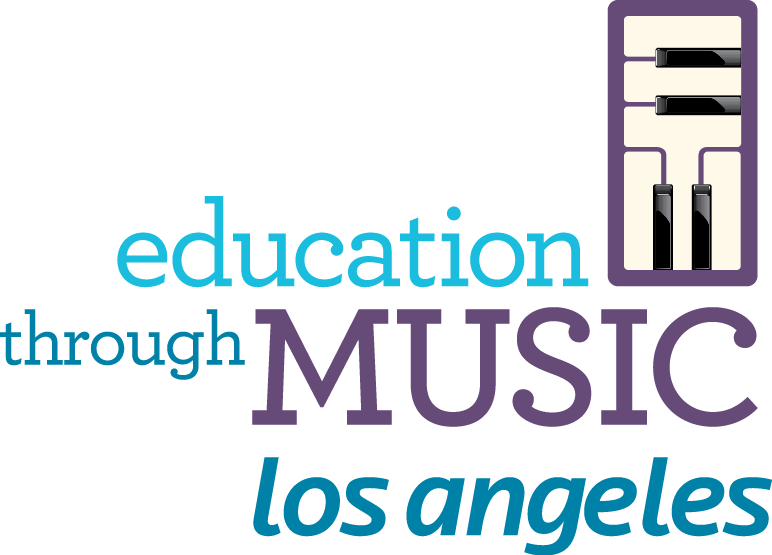Spotlight on Ricardo, Music Therapist & Music Teacher
“[As] educators, it is our duty to become aware and committed to implementing teaching strategies that will help students be in a safe, nourishing, and inclusive environment while they are in our classrooms.“
Why do you teach music?
Since I was a child, my favorite class was music class. I couldn’t wait to get to music class and sing and play the instruments. One day, my music teacher sang us a song he composed. It was a special moment for me. I said to myself: “I want to be just like him”. I am sure that my musical inclination combined with divine providence, transformed me into the teacher I am today.
How has teaching impacted you?
Being a teacher brings life-changing experiences. Not only do you get to create and perform music on your own, but you get to share your passion with others as well. Being able to contribute to someone’s music education, development, and growth is a fulfilling and rewarding experience. Being able to witness and see students expand their knowledge, define their character and identity, increase their sense of belonging, and just have fun is a transformative experience.
How does mental health affect students?
It is essential for anyone’s education and development to have all that would promote mental stability, and hamper all that brings life-disruptions and mental illness. We live in a world which can impose significant life struggles and hardship. Nevertheless, as educators, it is our duty to become aware and committed to implementing teaching strategies that will help students be in a safe, nourishing, and inclusive environment while they are in our classrooms.
Here is a link to a very interesting evidence-based document developed by the NAMM Foundation about facts and benefits of music in individuals and communities.
What is Music Therapy?
Music Therapy is a health profession which utilizes clinical and evidence-based music interventions to bring about individualized therapeutic goals. Credentialed board-certified music therapists work in different settings including: psychiatric and medical hospitals, outpatient clinics, rehabilitative facilities, agencies serving individuals with developmental disabilities, senior centers and nursing homes, hospice programs, schools, private practice, amongst others.
How does Music Therapy play a role in your music classroom?
Music therapy is also involved in providing special music education to neurodiverse students in schools. My recommendation to all music educators is to get fully acquainted with the categories of disabilities covered under the Individuals with Disabilities Education Act (IDEA). When educators familiarize themselves with those common child disabilities in schools, and their limitations, they equip themselves with knowledge that will help them be mindful and more inclusive with Individualized Education Plan (IEP) students and their mainstream classrooms.
To learn more about the different categories and disabilities covered by IDEA, I recommend this link.
How do you address mental health in your music classroom?
As a foundation, I try to connect with students; let them know that they matter and that they are special. I emphasize bringing out their potential and creativity. I try to implement activities that they can enjoy and excel in within a learning environment where they can feel safe. Also, I connect with IEP teachers and learn about students who are mainstreamed (placed in least restrictive environments), and structure my curriculum to be inclusive of those students who may have certain limitations in their learning experience.
Do you have any advice for educators and parents/guardians who want to be more proactive about their students’ mental health?
Assisting our students and children in maintaining a healthy psycho-emotional condition and stability should be our priority. We should procure and maintain a safe environment at all times; an environment that will promote self-expression, self-identification, and a sense of belonging. For educators, in addition to getting familiarized with IDEA, I also strongly recommend getting training on Trauma Informed Care procedures which will assist in being sensitive to students with past and current traumatic experiences.






